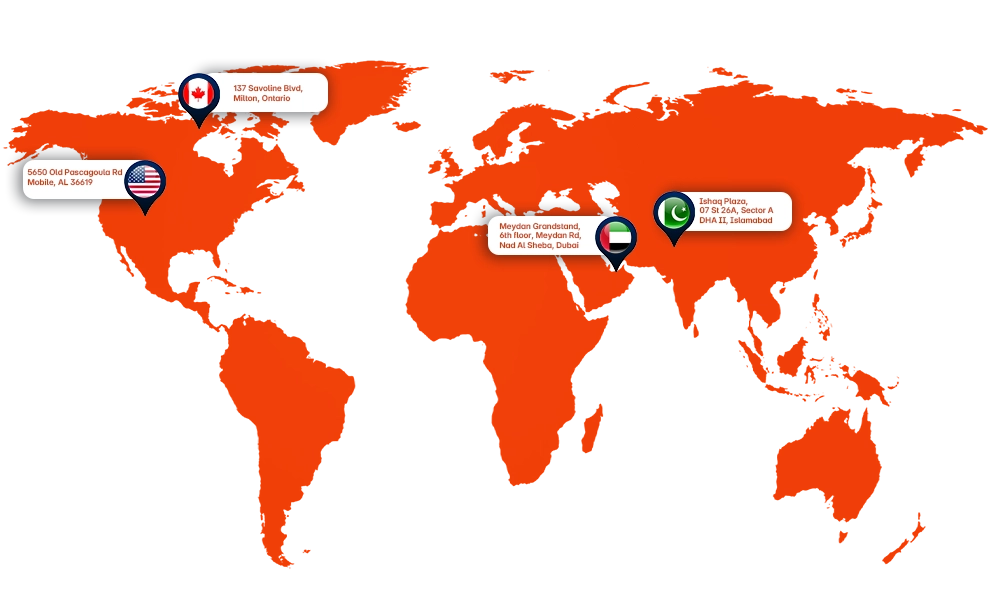Running a small business in 2025 is exciting, but it can also feel challenging. Customers expect quick responses, personalized offers, and content that speaks directly to them. At the same time, small business owners often juggle limited budgets and small teams. This is where artificial intelligence, or AI, comes in.
AI is no longer something only giant corporations can afford. Today, smart and affordable AI tools are available for businesses of all sizes. They can help with everything from creating content to predicting customer behavior.
In this blog, we will explore how AI marketing for small businesses works, why it matters, and the practical ways you can start using it right now.
What AI Marketing Means for Small Businesses in 2025
AI marketing is when small businesses use artificial intelligence to make their marketing smarter, faster, and more personal. Instead of guessing what customers want, AI helps analyze data, spot patterns, and suggest the best actions. For example, AI can recommend what time to send emails for the highest open rate or suggest which type of ad is likely to bring in more sales.
What makes AI different from traditional marketing is the level of automation and personalization. In the past, you might have had to spend hours testing different strategies or paying experts to study your data. With AI, much of this work is done instantly and at a lower cost.
So why do small businesses need AI in 2025?
- Competing with larger brands: AI levels the playing field by giving smaller businesses access to tools that once only big companies could use.
- Saving time and money: Lean teams can automate repetitive tasks like posting on social media or sending follow-up emails.
- Meeting customer expectations: Shoppers now expect personalized experiences, such as product recommendations that actually fit their interests.
- Making data-driven decisions: Instead of relying on guesswork, AI uses real customer data to guide marketing choices.
There are also common misconceptions worth clearing up. Many small business owners think AI is too expensive, too complicated, or only useful for tech companies. The truth is, many AI tools are designed for non-technical users and priced for small budgets. If you can run a social media account or send an email newsletter, you can learn to use AI marketing tools too.
Practical Ways Small Businesses Can Use AI in Marketing
AI marketing is not just a buzzword anymore. In 2025, small businesses can use it in many practical ways that save time, reduce costs, and bring in more customers.
Here are some of the most useful applications:
AI-Powered Customer Insights
Imagine if you could read your customers’ minds. AI tools get close to that by analyzing customer data. They track buying patterns, website clicks, and even social media activity.
For example, if your coffee shop notices customers buying more iced drinks in summer, AI can help you promote cold brews at the right time. These insights help you make smarter choices about products, promotions, and pricing without needing a full research team.
AI-Driven Content Creation and Copywriting
Creating fresh content takes time, but AI can speed things up. Tools like ChatGPT or Jasper can help small businesses write product descriptions, social media posts, and even blog drafts in minutes.
Of course, you should still add your brand’s personal touch, but AI helps with the heavy lifting. This means you can post more often and stay relevant without burning out.
Personalized Email and SMS Marketing
Nobody likes generic messages. Customers are more likely to open emails and texts that feel like they were written just for them. AI makes this possible by segmenting your audience into groups based on their interests, past purchases, or behavior.
For example, a small clothing store can send one message to customers who love shoes and another to people who prefer jackets. This personalization leads to higher open rates, stronger customer relationships, and more sales.
Social Media Automation and Engagement
Keeping up with social media can feel like a full-time job. AI tools can schedule posts, analyze what content performs best, and even suggest hashtags. Some tools can also create visuals or captions for you.
Plus, chatbots powered by AI can answer common customer questions 24/7, like store hours or return policies. This means you can stay active online without being glued to your phone all day.
AI SEO Tools for Small Businesses
Search engine optimization (SEO) is how your website shows up on Google. In 2025, AI SEO tools make this much easier for small businesses. They help with keyword research, content optimization, and even tracking competitors.
For example, if someone searches “best bakery near me,” AI tools can guide you to optimize your website so your bakery pops up first. With more people using voice search on devices like Alexa and Google Assistant, AI also helps you prepare for conversational searches like “Where can I get fresh bagels nearby?”
AI Advertising (PPC and Paid Social)
Running ads can be risky if you are not sure what works. AI-powered advertising tools remove much of the guesswork. They use smart bidding strategies to make sure your money is spent wisely.
For example, instead of showing your ad to everyone, AI finds people most likely to buy your product. This cuts down on wasted ad spend and boosts your return on investment. For a small business with a tight budget, this is white gold.
Final Thoughts
AI is no longer just for tech giants. In 2025, it has become one of the most powerful tools that small businesses can use to grow and compete. From creating personalized emails to automating social media posts and running smarter ads, AI marketing for small businesses is now affordable, practical, and easy to start with.
The best part is that you do not need to master every tool at once. Begin with one area, like email marketing or SEO, and build from there. Over time, AI will not just save you hours of work but also help you connect with customers in a more personal way.




